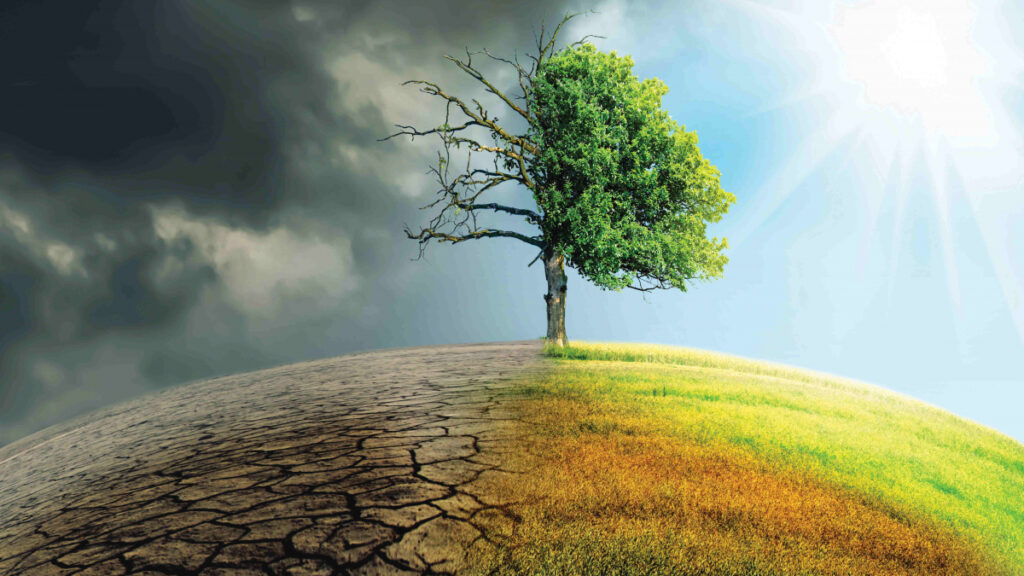
Climate change has numerous implications on wastewater treatment in Africa, affecting both the availability and quality of water resources. These implications pose challenges for wastewater treatment plants (WWTPs), impacting treatment, distribution, disposal, and reuse. As temperatures rise, the demand for water in sectors like agriculture and industry increases, overwhelming existing wastewater treatment infrastructure and leading to inadequate treatment or untreated wastewater discharge.
The rising sea levels associated with climate change make coastal areas in Africa vulnerable to saltwater interference in groundwater and surface water sources. This interferes with the quality of water available for treatment and reduces the effectiveness of conventional treatment methods.
In Africa, high temperatures caused by climate change contribute to the proliferation of harmful bacteria and the spread of waterborne diseases. Changes in rainfall patterns can also wash toxins into water bodies, making treatment processes more challenging and increasing contamination levels in raw wastewater.
Extreme weather events, including heavy rainfall, storms, and floods, are becoming more frequent due to climate change. These events can damage wastewater treatment facilities, disrupt operations, and result in the overflow of untreated or partially treated wastewater. This overflow contaminates water sources, posing health risks and exacerbating water pollution concerns.
Water scarcity, another consequence of climate change, leads to reduced rainfall and increased drought frequency in certain regions of Africa. This scarcity puts a strain on wastewater treatment systems as limited water resources must be prioritized for essential uses like drinking water, leaving less water available for treatment processes.
Furthermore, wastewater treatment facilities require significant energy inputs for processes such as aeration, pumping, and sludge treatment. Climate change mitigation efforts, such as reducing greenhouse gas emissions, may require changes in energy sources and management practices, impacting the energy requirements and overall sustainability of wastewater treatment operations.
Addressing these implications necessitates comprehensive strategies and investments in resilient infrastructure, water management practices, and climate change adaptation measures. It is crucial to enhance the capacity of wastewater treatment systems to withstand climate-related challenges and ensure the sustainable management of water resources in the face of a changing climate.
To mitigate the effects of climate change on wastewater treatment in Africa, it is necessary to integrate climate change considerations into the planning, design, and operation of wastewater treatment systems. This may involve improving infrastructure resilience, implementing adaptive management practices, promoting water conservation measures, and investing in research and innovation for climate-resilient treatment technologies. Collaboration between governments, communities, and international organizations is essential in developing and implementing effective policies to mitigate and adapt to the impacts of climate change on wastewater treatment in Africa.
Simply put, climate change poses significant challenges for wastewater treatment in Africa, impacting water availability, quality, and treatment processes. By addressing these challenges through proactive measures, Africa can develop resilient wastewater treatment systems that safeguard water resources, mitigate pollution risks, and ensure sustainable development in the face of a changing climate


